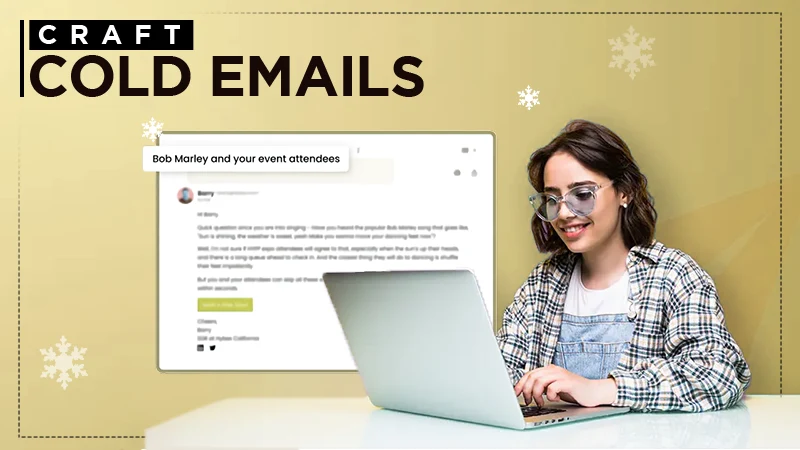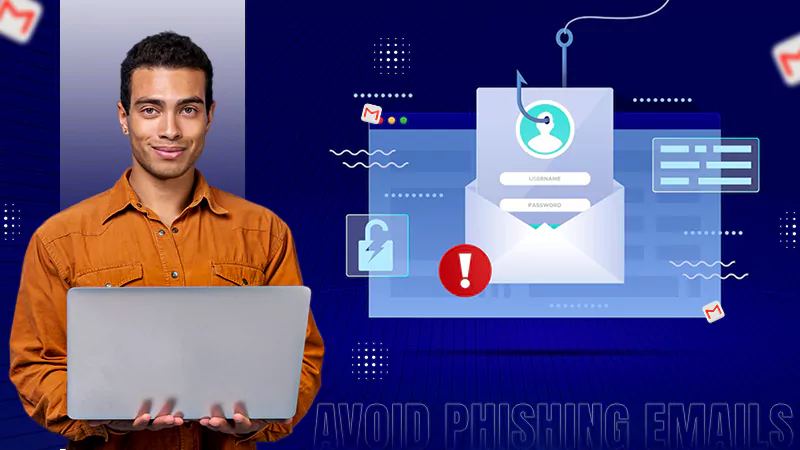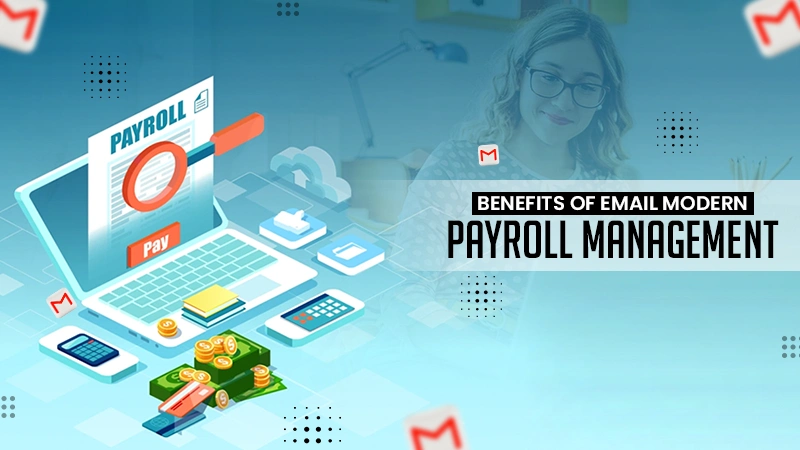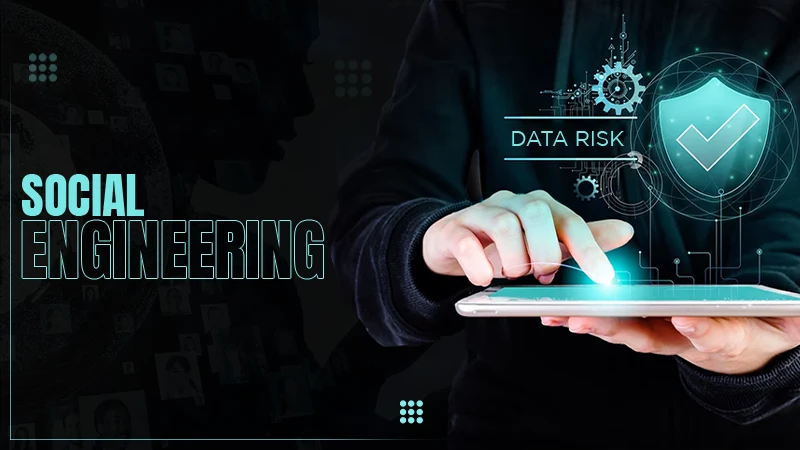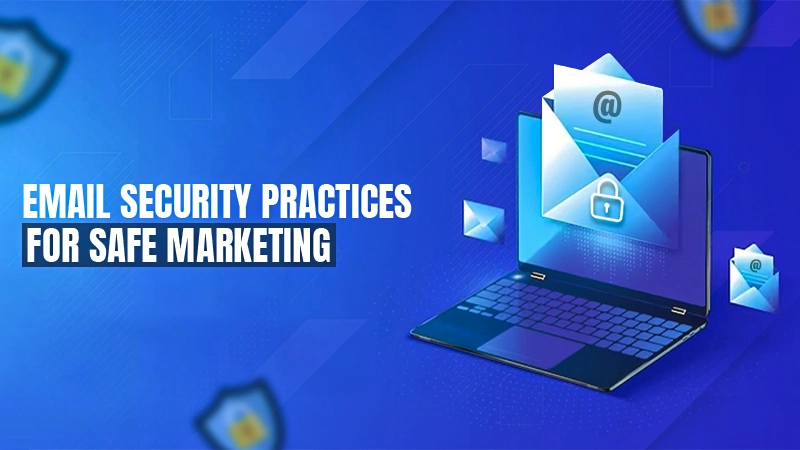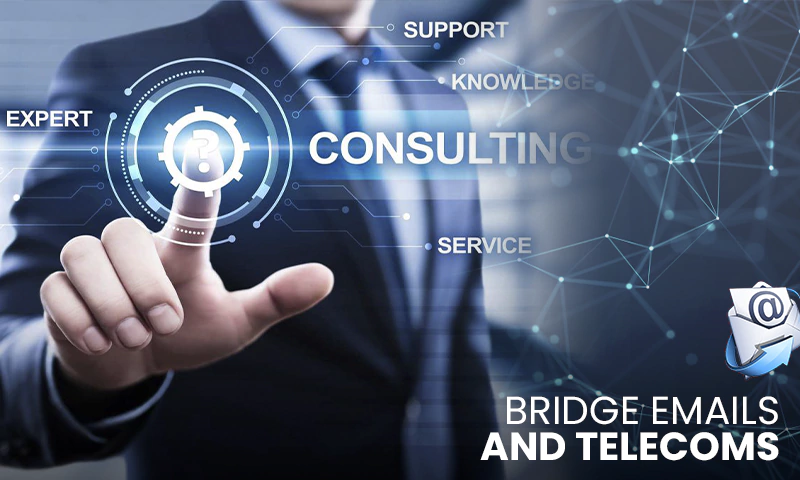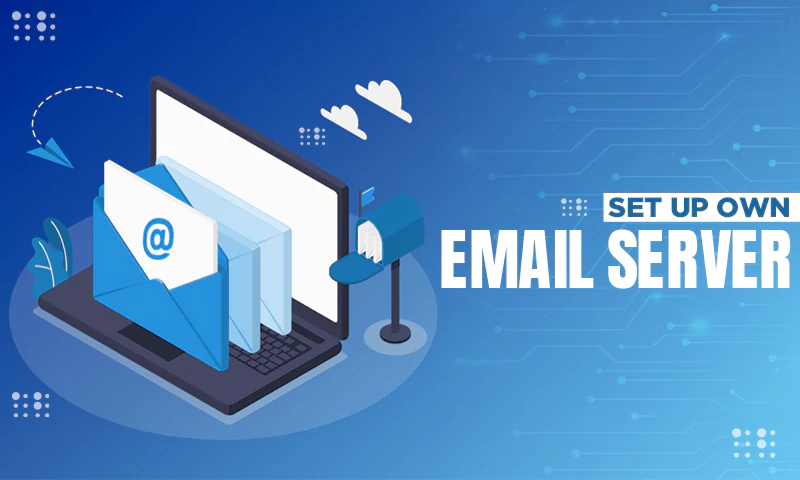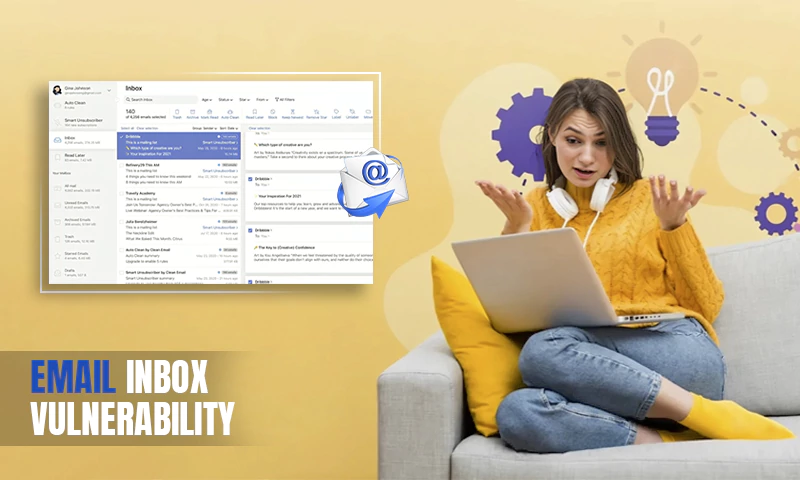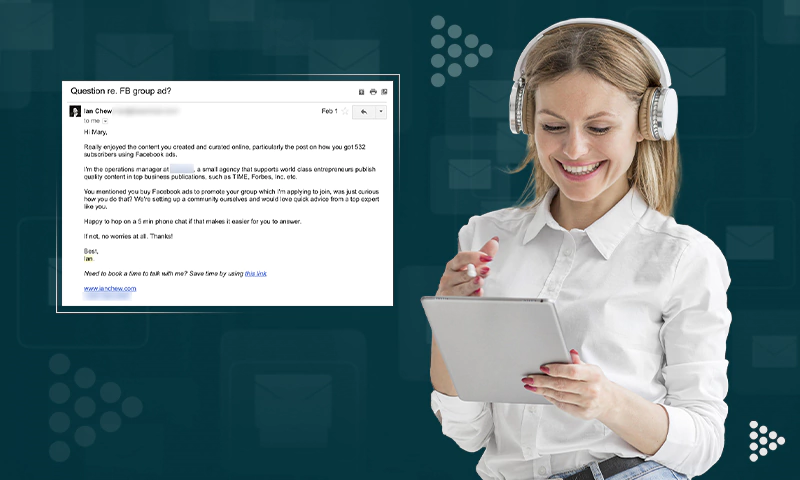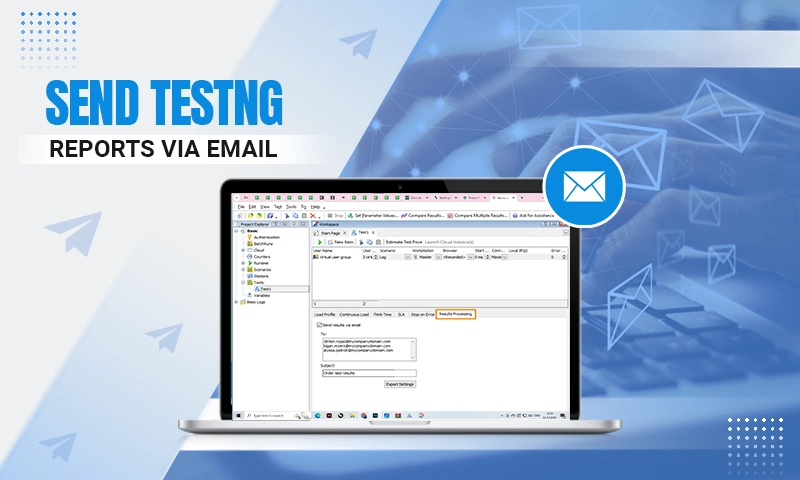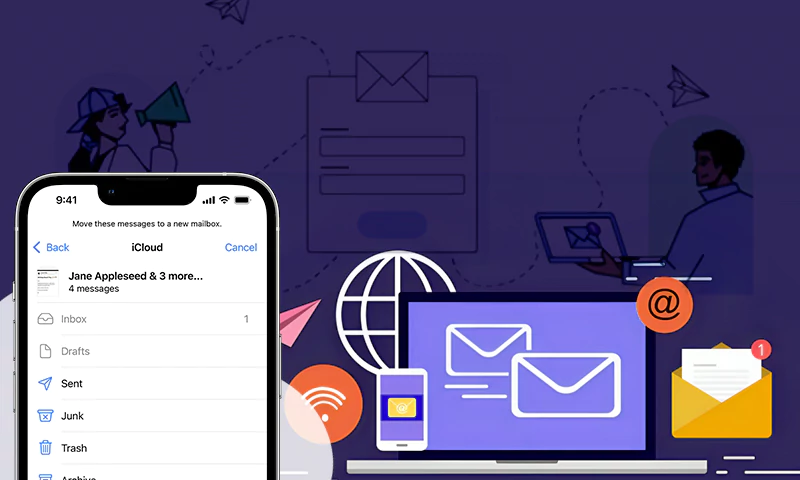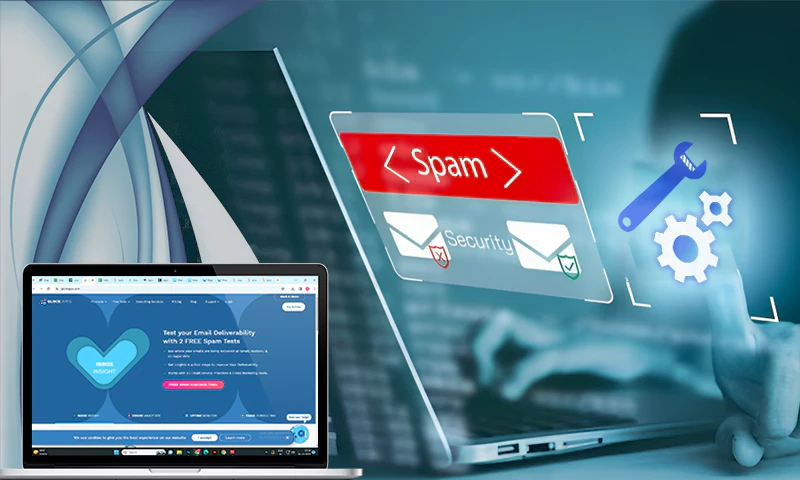Keep Your Email Secure: 9 Surefire Ways to Improve Your Online Privacy
We’ve all heard of cyber security and the importance of protecting our online accounts and data. You can be sure that your online privacy is even more important. Taking the right steps to protect your online privacy will help keep you safe from malicious actors and it’s becoming increasingly important in today’s digital world. When it comes to privacy, email security is a vital piece of the puzzle. In this article; we’ll teach you some surefire ways to improve your email security and keep your data out of harm’s way.
What is Email Privacy & Why is It Important?
When it comes to protecting your online privacy and security; it all starts with your email. It’s your gateway to most of the online services you use and data you trust with third-parties. That’s why it’s essential that you take steps to keep your email secure and protect yourself from potential cyber threats. There are several things you can do to safeguard your email account.
Use Strong Passwords and Two-Factor Authentication
When it comes to cybersecurity and keeping your emails private, strong passwords are one of the cornerstones of privacy. They’re your first line of defense against cybercriminals who target weak passwords for easy access to your account!
- Make sure you create complex passwords with at least 12 characters comprising a combination of numbers, letters, and special characters.
- Try setting up two-factor authentication (2FA) on your accounts that support it. This is an extra security layer that requires you to input codes generated by a text or email whenever you log in from a new device. Even if someone manages to get their hands on your password then they won’t be able to access your account without the extra code.
Secure Your Wi-Fi Network
When it comes to keeping your email secure, it’s important to remember your Wi-Fi network. Here are some steps you can take to make sure your Wi-Fi connection is secure:
- Change the name of your network: Make sure it isn’t something obvious. A random string of numbers and letters is much more secure.
- Avoid using easy-to-guess words like “password” or “123456.” The longer and more complex the password is the better option.
- Keep your router software up to date. This will ensure that all security patches are installed regularly and any possible vulnerabilities are eliminated quickly.
- Enabling a WPA2 security protocol on your wireless network ensures that only authorized users can access your data.
- Make sure that file sharing is not enabled on your router so that no one else has access to files stored on devices connected to your networks such as personal computers and phones.
- Public networks are not secure and should be avoided if you’re looking to protect your email privacy since they can pose a risk of malicious activity from hackers or other third parties who may be trying to gain access to sensitive information sent over the same connection.
Encrypt Your Email Messages
Encrypting your email messages with end-to-end encryption is another great way to strengthen your online privacy. This type of encryption means that the message is locked with a unique code so that only the sender and receiver can access it.
In order to start encrypting your emails, you’ll need to set up an account with an email provider that offers end-to-end encryption. Once you’ve registered; you’ll be able to start sending encrypted emails by enabling the appropriate settings within their system. You can also use a cryptocurrency wallet such as Bitcoin for more secure communication. Some providers also offer encryption plug-ins or extensions for popular web browsers like Firefox and Chrome.
Use Virtual Private Networks (VPN)s
Using a Virtual Private Network (VPN) is one of the best ways to maintain your online privacy. A VPN encrypts your connection to the internet making it so that nobody can track you or monitor your activity. You’ll also be able to access geographically restricted content that would normally be blocked in your region.
To use a VPN; simply install the software and start connecting to servers from around the world. The encryption process is usually done automatically and some VPNs even allow you to connect multiple devices with one account.
Utilize Spam Filters
Utilize spam filters to weed out suspicious messages and automatically block potential threats from entering your inbox. It’s like having a virtual assistant who can help you protect those sensitive emails without cluttering up your inbox.
Spammers are always changing their tactics so it’s important to update your spam filter regularly. Some key features include filtering by keyword, sender, or message subject and allowing some messages into specific folders so they don’t take up too much space in your inbox. By utilizing these features; you can make sure only legitimate messages get through and that all possible threats are blocked out. Configuring the filter correctly will really help you keep your email secure.
Be Careful When Using Public Computers
When it comes to email security, public computers can be a dangerous place. It’s easy for someone else to access your confidential information if you’re not careful. To be on the safe side; it’s best to avoid using public computers and free Wi-Fi networks.
If you must use a public computer, make sure to follow these tips:
- Don’t Log In With Your Email Clients
- Clear All Browsing Data Before Use
- Change Your Passwords Regularly
Be Wary of Attachments
If you’re getting an email from somebody you don’t know then never open any attachments without verifying who the sender is. Even if it’s from someone you do know then make sure that the contents of the attachment are legit and not some kind of malicious software that could compromise your data.
Keep an eye out for any suspicious activity within emails that come from people you trust like unexpected links or requests to download something. If something doesn’t look right, double-check with others in your address book before taking action. If you think an attachment might be malicious then use a free online scanner like VirusTotal before opening it on your computer.
Update Your Security Protocols
Here are some surefire ways to keep those pesky hackers out and to make sure your emails are secure.
- Check with your provider or use an online tool to make sure that you are using the most current encryption standards.
- A two-factor authentication system is an additional layer of security that requires two independent pieces of evidence in order to grant access to an account. This could include things like a code sent via text message or a one-time password generated by an authentication app.
- Make sure that your passwords are unique and complex enough that they cannot be guessed easily.
Use a Reputable Antivirus Program
Keeping your emails secure is essential and one way to do that is by using a reputable antivirus program such as Avast. Not only will it keep viruses and malware out of your system but it can also alert you to any suspicious activity happening on your computer.
Here are a few tips when it comes to choosing an antivirus program:
- Choose a program that’s reliable and offers the latest updates.
- Check the system requirements before downloading.
- Make sure the program you choose offers real-time scanning and firewall protection for added security measures.
- Look for an antivirus program that has an intuitive user interface.
Conclusion
To stay safe and secure online, it’s essential to take precautions. Hopefully, this article has given you some useful information and resources to do just that. With a few simple steps; you can go a long way toward protecting yourself, your data, and your privacy while using email campaigns. Protecting your privacy is a priority and by being proactive and taking some basic steps, you can ensure your online activities remain private and secure
Share
